10 things we learned about games in 2020
From the Fortnite contenders to the experiences that brought us closer together, 2020 has been an informative year for the industry
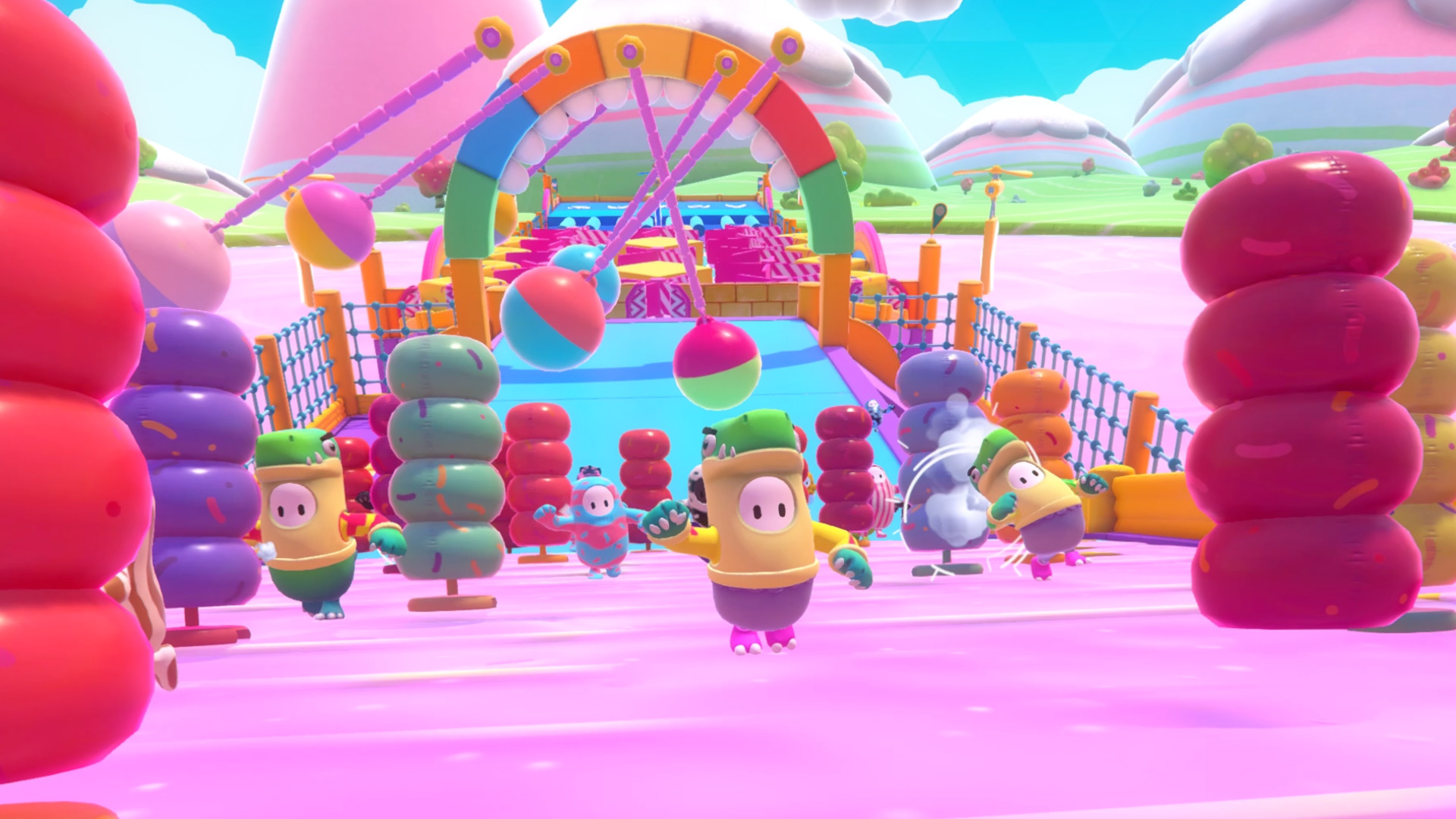
Well, that was quite a year wasn’t it? Back in January, nobody could have foreseen how 2020 would play out – the sheer scale, impact and tragedy of the Covid Pandemic has been bewildering. But what’s fascinating is how games have provided both a respite from, and a commentary on, the state of the world, and we’ve learned a lot about why we play. It’s also been a year of technological change and game design innovation – so here are some of the key themes of a weird twelve months.
Video games are a social media platform
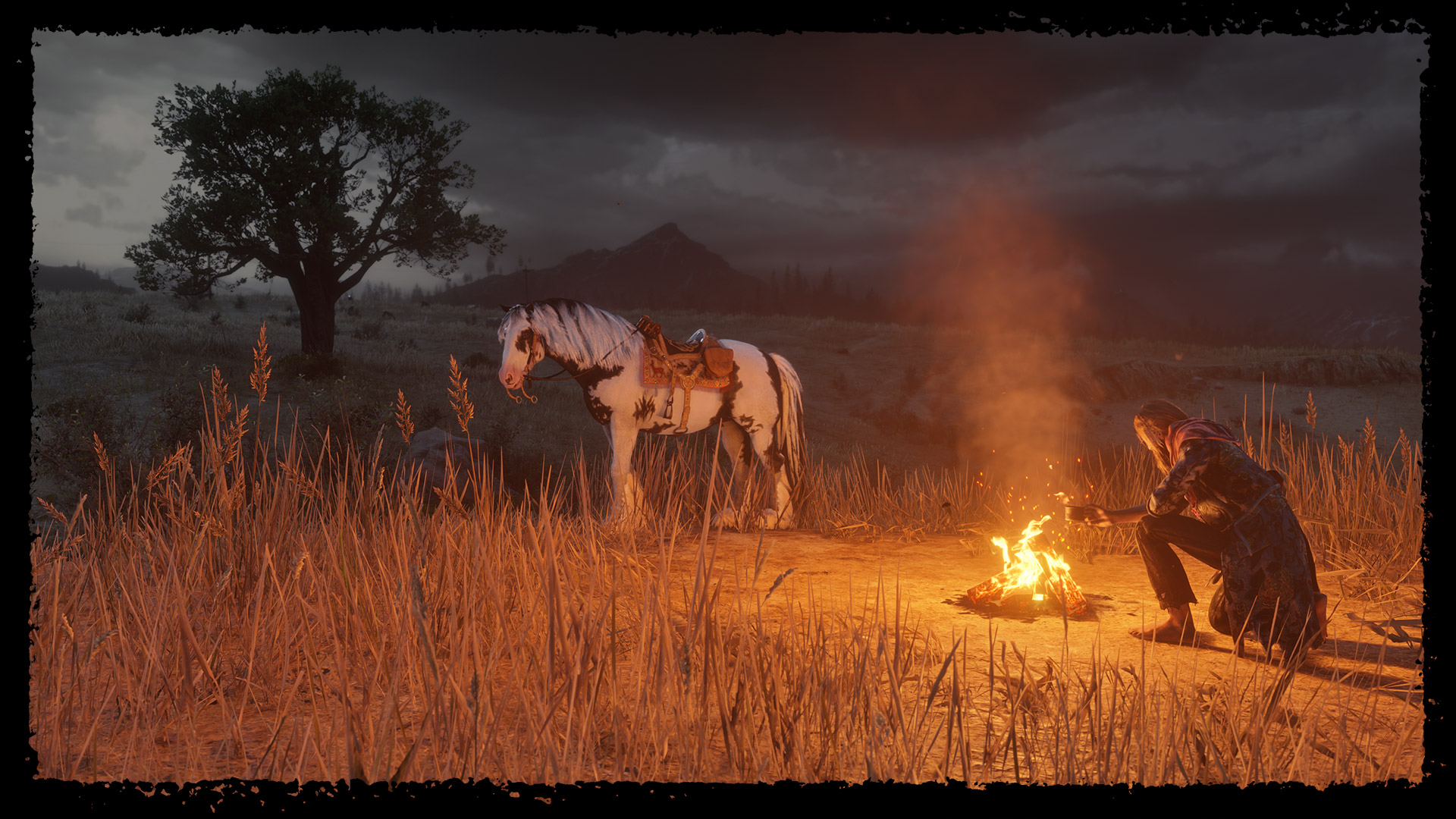
If there’s one thing the wider world has learned from lockdown it’s that online multiplayer games are wonderful places to meet with friends and colleagues when you can’t do it in person. The Xbox and PlayStation networks almost collapsed as titles like Fortnite and Fall Guys became a less intense, more playful alternative to the dreaded Zoom call. I heard of one book publishing company holding its editorial meetings in Red Dead Online (so I guess we can expect a lot more cowboy novels in 2021), while a school in Japan used Minecraft to host its cancelled graduation ceremony. Gamers have known for years that online worlds are social spaces, like skate parks or golf courses, but 2020 saw that concept exploding into the mainstream.
Fortnite is not untouchable
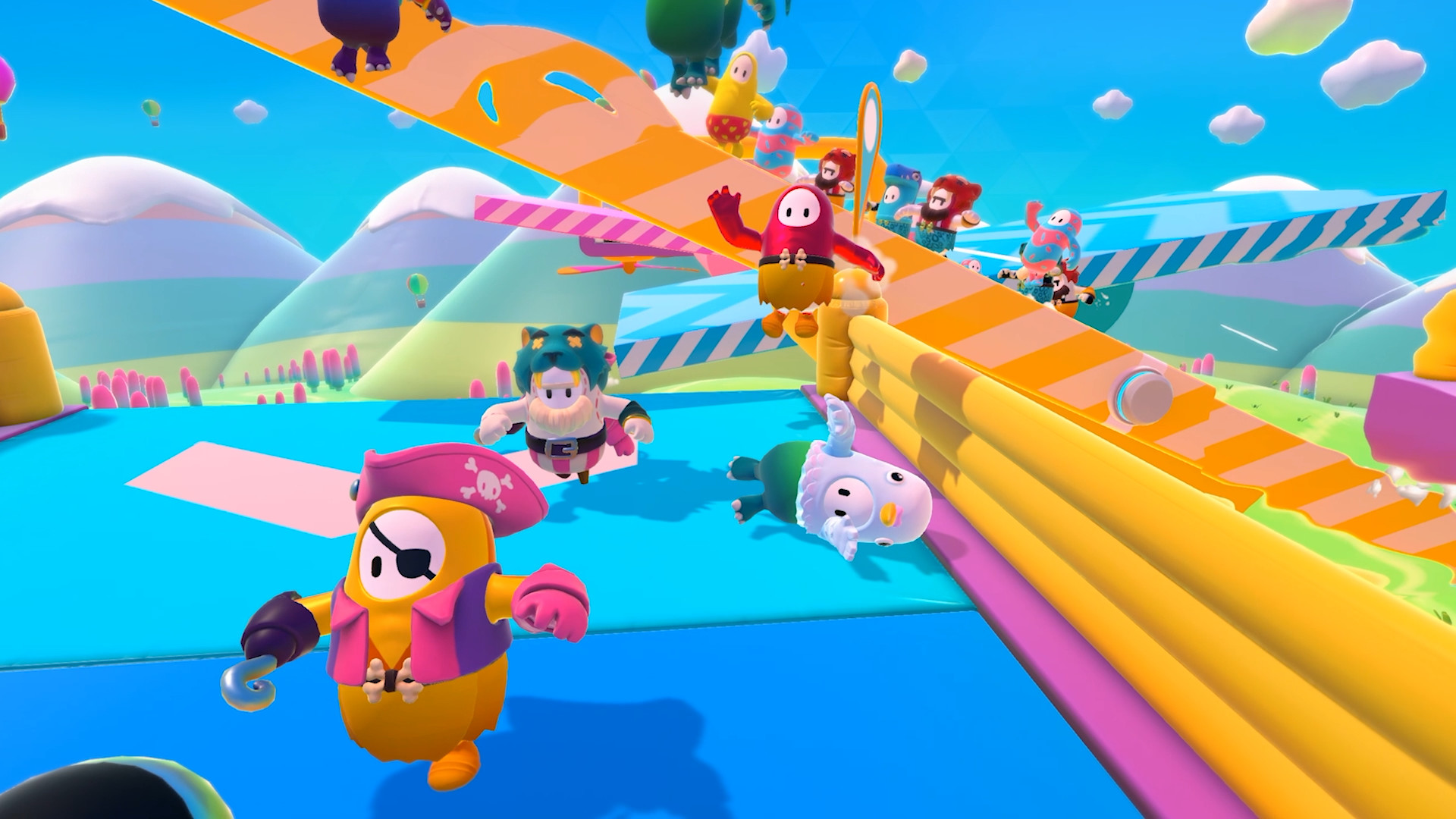
It’s the phenomenon *everyone* has been talking about for the past two years, racking up 350m players worldwide, but 2020 saw some true challengers to its role as *the* online multiplayer game of the Twitch generation. Call of Duty: Warzone arrived in March, bringing its Gulag feature which became a meme big enough to unseat the bloody Floss dance. In August, Fall Guys exploded onto the scene, with its brilliant social media feed and streamer-friendly comedy potential. And then, of course, Among Us came out of nowhere, brilliantly combining three fun things: Alien, Cluedo and lying to your friends. These titles all showed that multiplayer experiences can be about more than shooting and building.
The irresistible rise of the Battle Pass

It was Fortnite that popularised this form of DLC, in which players pay for access to several weeks’ worth of exclusive customisation content, and then became the de facto way to monetise battle royale titles that are otherwise free to play. This year however, it crept out across the rest of the industry. Sea of Thieves, Hearthstone, Marvel’s Avengers, and Super Smash Bros all introduced battle pass style systems as publishers desperately searched for ways to financially support ongoing games without implementing loot boxes, which have been heavily criticised and even banned in some countries. Expect many more titles to follow suit in 2021.
Ray-tracing is the new HDR
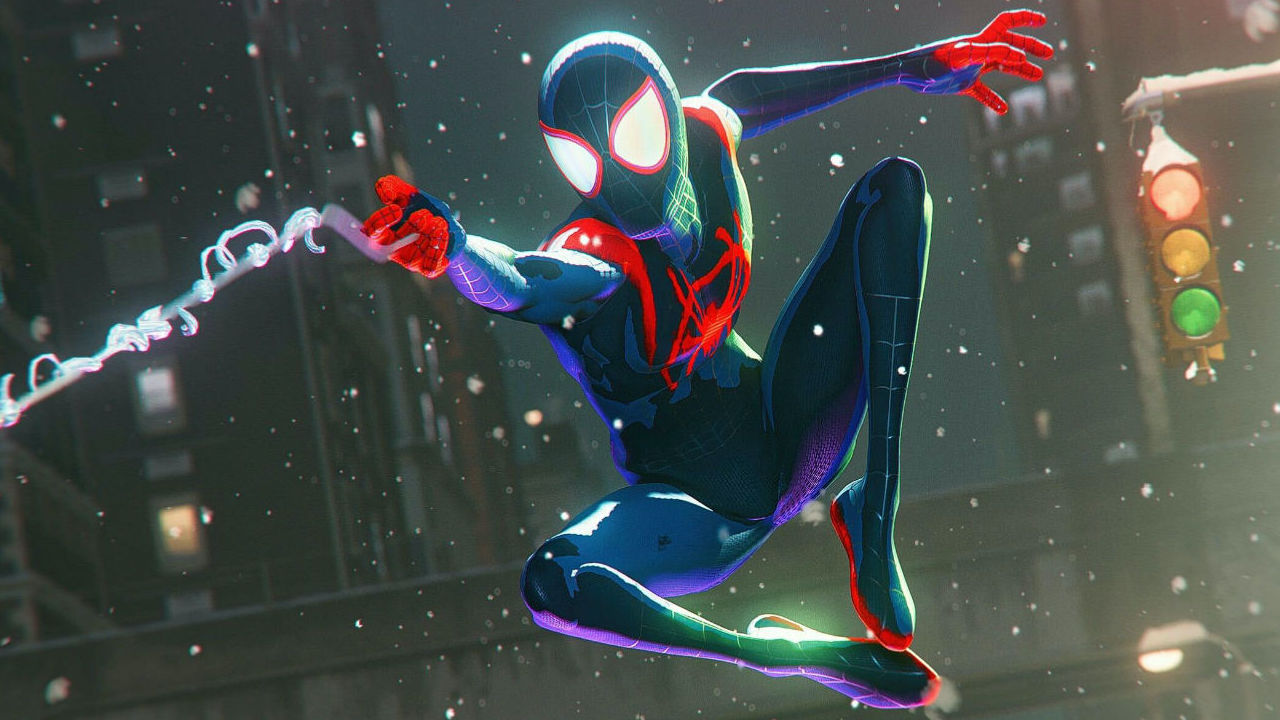
When the PS4 and Xbox One arrived in 2013, the big new visual effect was high dynamic range lighting, which brought both incredible brightness and deep, dark tones to games. This year it was all about real-time ray-tracing, which seeks to simulate the movement of light rays through an environment as they bounce off different objects, leading to authentic shadows and reflections. In Cyberpunk 2077 on PC, for example, we see neon signs beautifully reflected in puddles, and the glow of LCD monitors giving a haunting blue hue to darkened rooms, and there are similar effects in Spider-Man: Miles Morales and Gears 5. What we’ve discovered is that ray-tracing is to landscapes what very good eye rendering is to human characters: you might not always consciously notice it, but it makes everything feel much more believable and alive.
Death is not always about failure
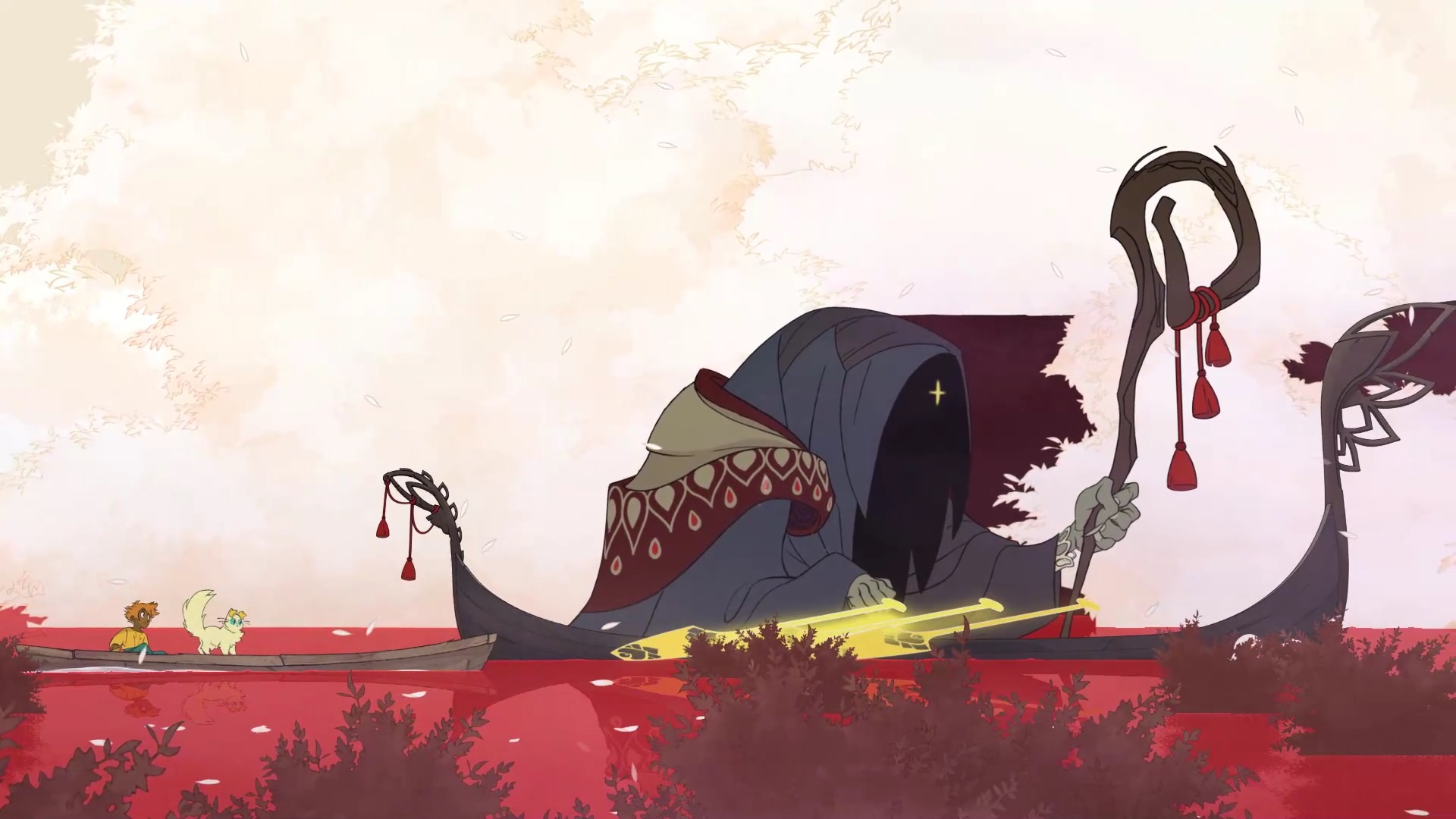
We're used to death in video games. Being given a certain number of lives at the beginning of an adventure has been a feature since the Space Invaders era. But this year saw a number of games that looked at death in different ways. In Spiritfarer you play a ferrymaster transporting the spirits of the dead to the afterlife, while the puzzler I am Dead had you searching for objects that remind the living residents of a small about their dead relatives. Meanwhile both Hades and Demon's Souls use repeated deaths as a way of instructing the player – they're an inevitable part of the experience rather than a failure state. It’s maybe a coincidence that all these games have arrived during a pandemic, but it’s interesting that developers are finding new ways to think about and use these ever-present and unavoidable device.
There are still new ways to present myths and legends
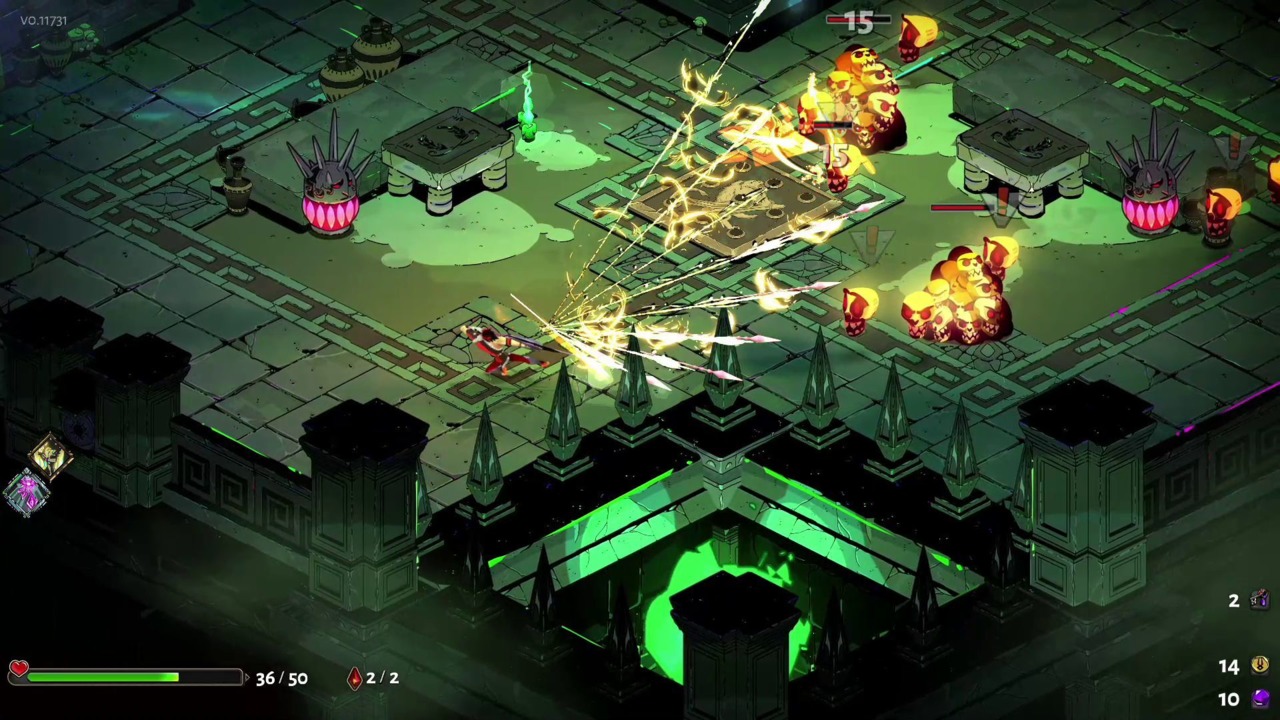
Video games have always drawn from world mythologies – they provide a rich source of fantastical stories and characters we all recognise (and there are no royalties to pay). But this year saw some really interesting uses of very familiar material. The roguelike Hades takes a lesser known figure from Greek myth, Zagreus, and builds the narrative around him, presenting the other gods as a sexy, bickering crime family. It’s a brilliant implementation, both respectful to the source but also modern – and the repetitive die-respawn-die design brilliantly reflects the rhythms of life and death in Greek myth. Meanwhile, Assassin’s Creed Valhalla provides a naturalistic depiction of Norse mythology, as something woven into the everyday lives of characters – you don’t get giant boss battles against raging Loki, instead the gods are found in stories and superstitions. And then Immortals: Fenyx Rising turns Greek mythology into a sort of zoned theme park, separating the gods into geographic regions and infusing the world with comedy – it’s an interesting way of making sense of this complex universe.
Weekly digests, tales from the communities you love, and more
Video games are spectator venues
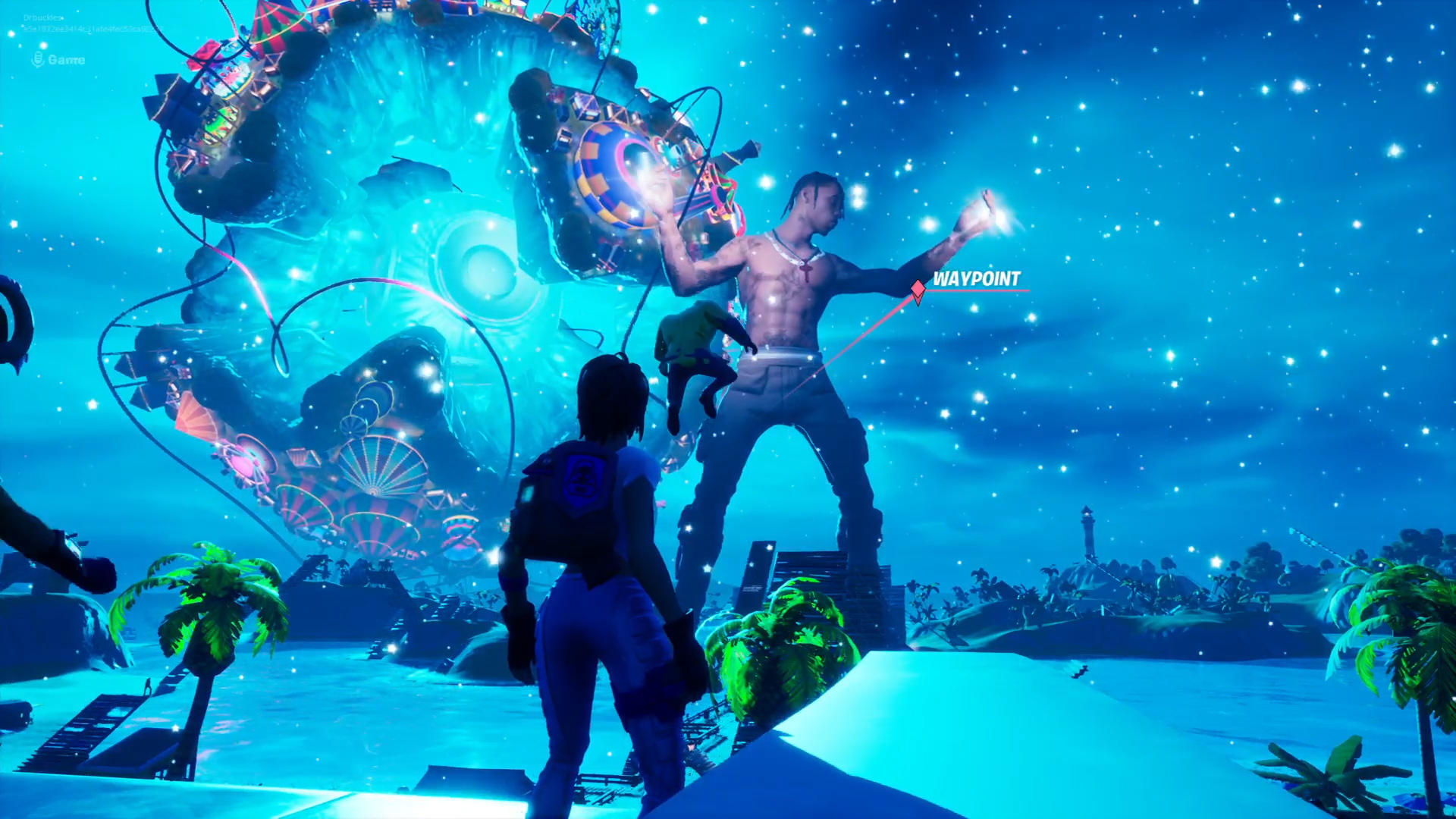
This is another concept that’s been more widely accepted in the covid era. We had Travis Scott in Fortnite attracting more than 12m viewers, and a free Lil Nas X concert in Roblox, which was viewed 35m times over its three-date run. But there have been more subtle examples too. Star Wars writer Gary Whitta hosted a chat show within Animal Crossing: New Horizons with Hollywood stars such as Brie Larson and Danny Trejo, providing an unexpectedly warm treat during the bleakest months of Coronavirus. Comedian Jenny Yang also used the game to run a regular stand-up comedy night. Sure, these kinds of events have been going on for a while in virtual worlds such as Second Life, but 2020 was the year friends and families gathered together to share the experience, in the way they might once have done at music or arts festivals.
Even big games can ask questions about violence
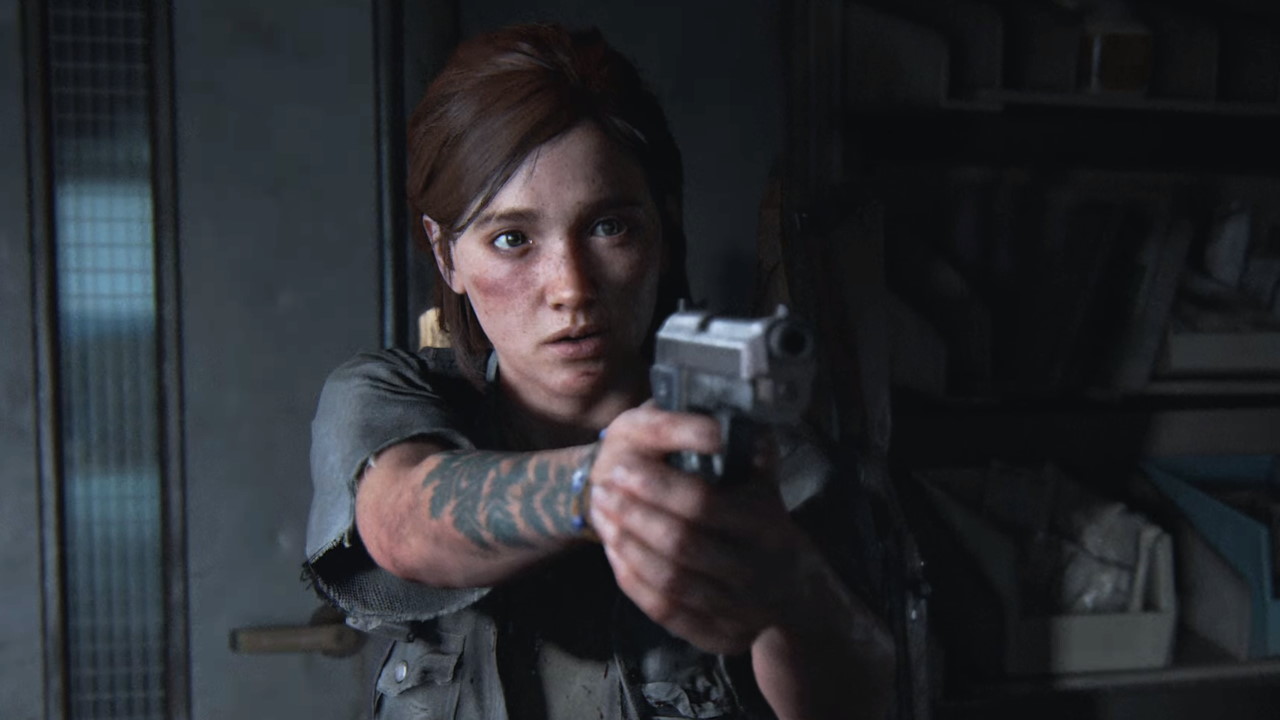
It’s been an interesting year for action games that want players to really think about the meaning of violence, as well allowing us to enjoy the hell out of it. The Last of Us 2 is all about the tragic, self-destructive consequences of revenge, while Yakuza: Like a Dragon sees Ichiban constantly questioning his role in the criminal underworld. Even Call of Duty: Black Ops Cold War has a campaign in which everyone’s motives toward military action are undermined and examined and found to be wonky as hell. I think it shows that video games are maturing in the way they tell violent stories – which is a good thing.
The rise of social consciousness games
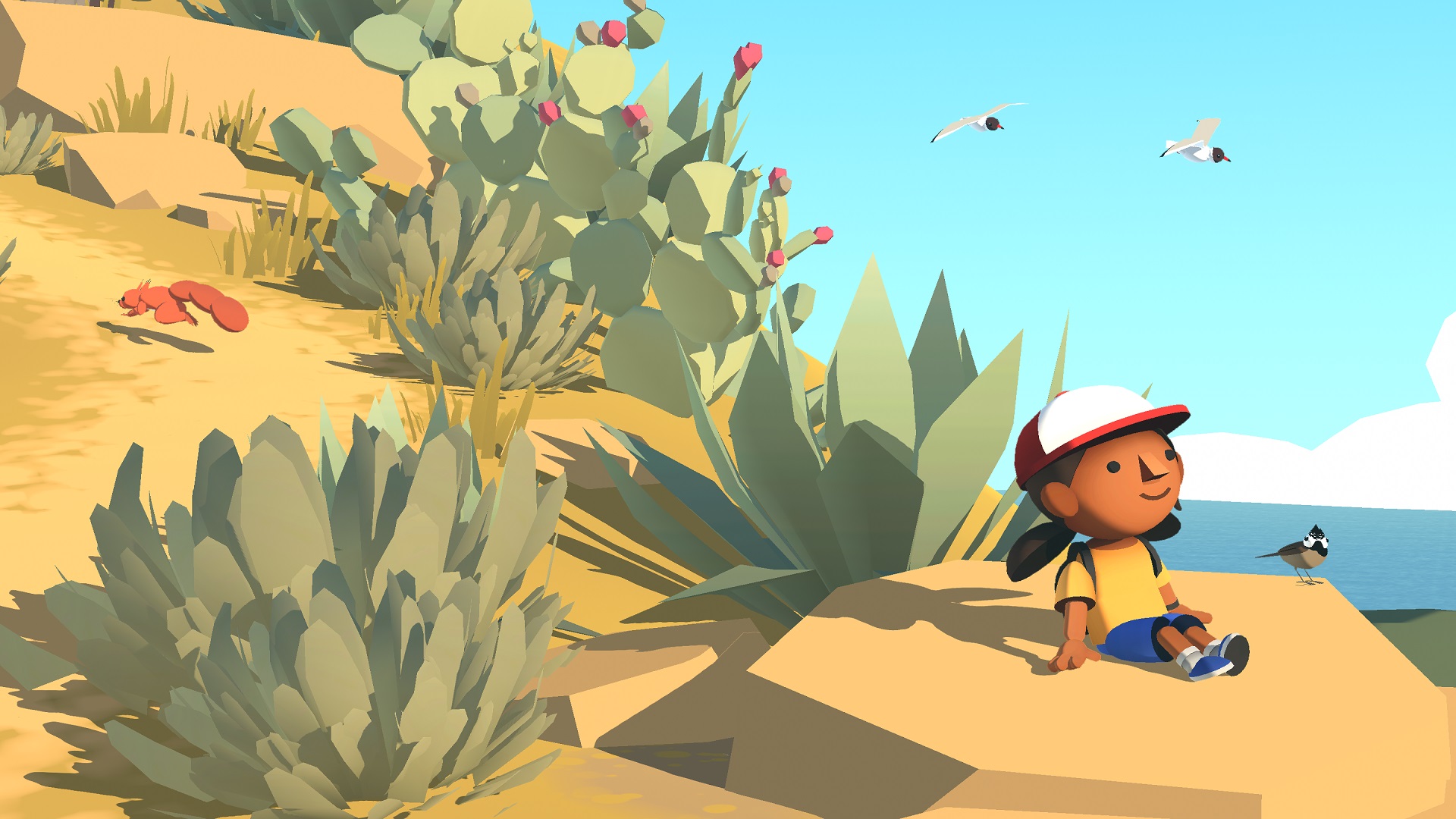
Increasingly, video games are being used to explore real-world issues and experiences and 2020 saw some important examples. The narrative adventure Before I Forget is a devastating look at early onset dementia, which uses the format of games to recreate the nightmare of losing memories. Alba: A Wildlife Adventure is a beautiful little game about protecting the environment, and Umurangi Generation is a photography sim about searching for beauty amid apocalyptic circumstances. I also really liked If Found, a game about a transgender girl in rural Ireland and the conflicts she faces. I think games are developing a language and a set of conventions around social themes that will make them really valuable as cultural experiences, just like ‘kitchen sink’ theatre was in the 1960s.
Games can be holidays
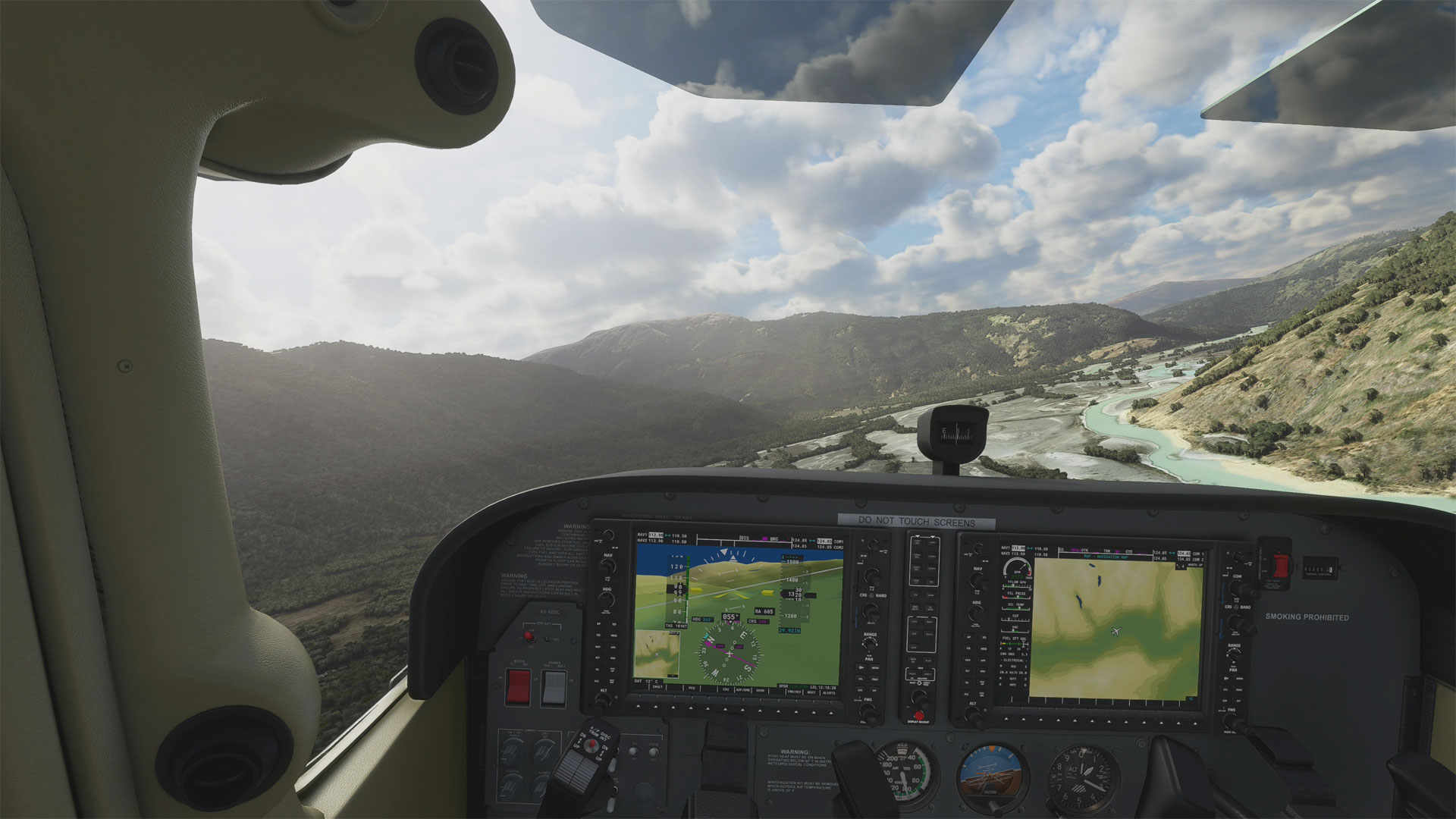
In a year where people haven’t been able to travel, we’ve seen the escapist value of video games coming to the fore. Arriving in March, Animal Crossing: New Horizons effectively became a spring getaway for a lot of players, its charming rural setting and sedate pace providing the cosiness of a little cottage break. And then in August, at the height of summer holiday season, Flight Simulator 2020 offered a reproduction of the entire planet, and according to the designers, a huge number of players jetted straight off to exotic islands in the Bahamas and Pacific, visiting the places they couldn’t in real-life. There were more subtle examples too. The indie title Coffee Talk, perfectly replicated the joy of visiting a pub or cafe in an unfamiliar town and chatting to regulars.
Games are political, whether you like it or not
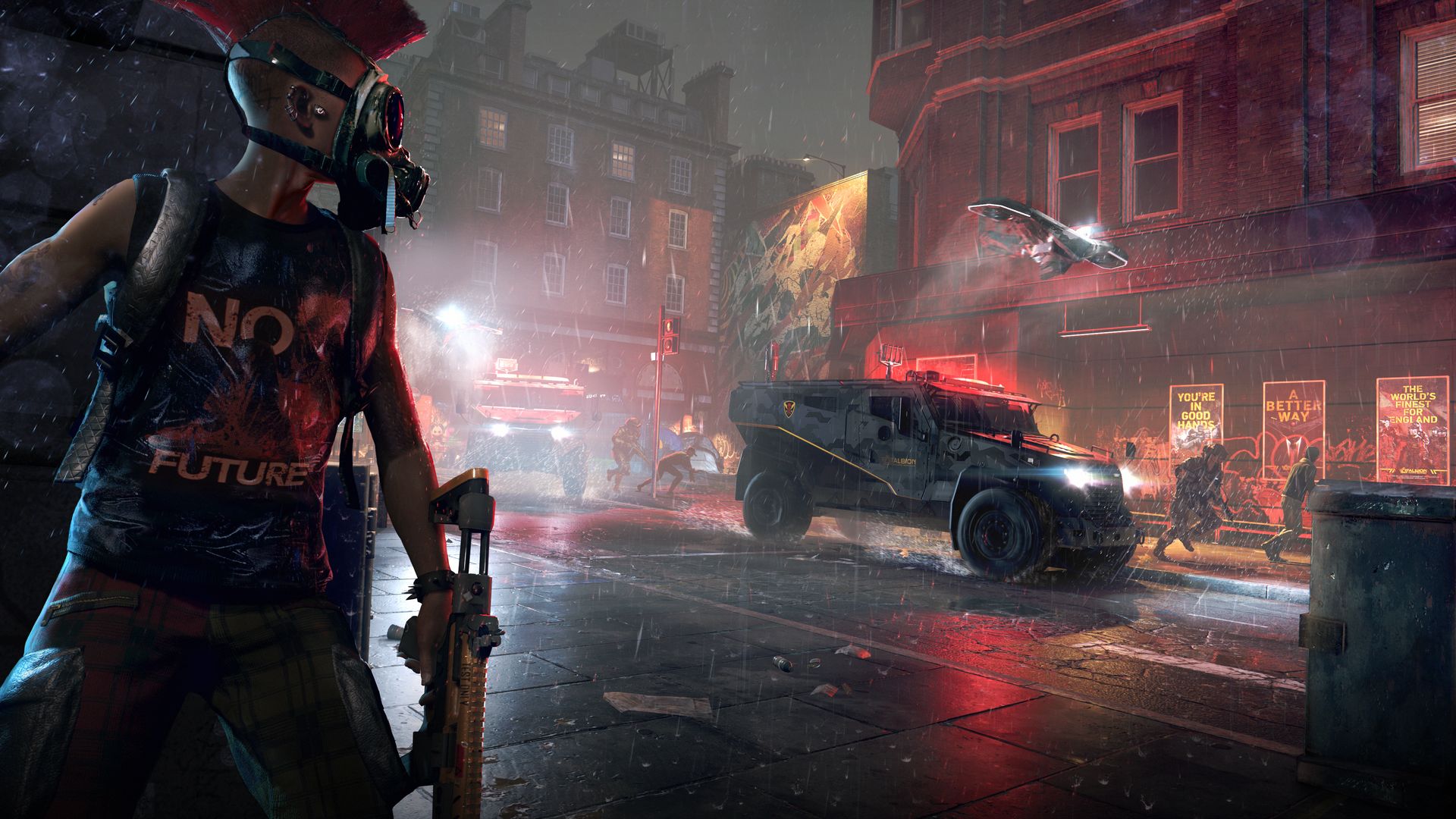
This was a year in which social and political themes became almost unavoidable in games. Although the developers of both Watch Dogs Legion and Cyberpunk 2077 denied their worlds had overt political messages, they both explored themes such as surveillance capitalism, the erosion of democracy, the seductive power of technology, the rise of protest movements and the power of the police, which are affecting us all in the real world. We also saw real-world politics arriving in game spaces – from the Black Lives Matter mural in Miles Morales, to the Biden Harris island in Animal Crossing, to US politicians Alexandria Ocasio-Cortez and Ilhan Abdullahi Omar streaming themselves playing Among Us to encourage viewers to vote. Game designers are taking cues from our very messy world situation, while politicians and activists have identified games as a key way to reach young people. Both are interesting and controversial – which is what games should be.
Keith Stuart is an experienced journalist and editor. While Keith's byline can often be found here at GamesRadar+, where he writes about video games and the business that surrounds them, you'll most often find his words on how gaming intersects with technology and digital culture over at The Guardian. He's also the author of best-selling and critically acclaimed books, such as 'A Boy Made of Blocks', 'Days of Wonder', and 'The Frequency of Us'.


